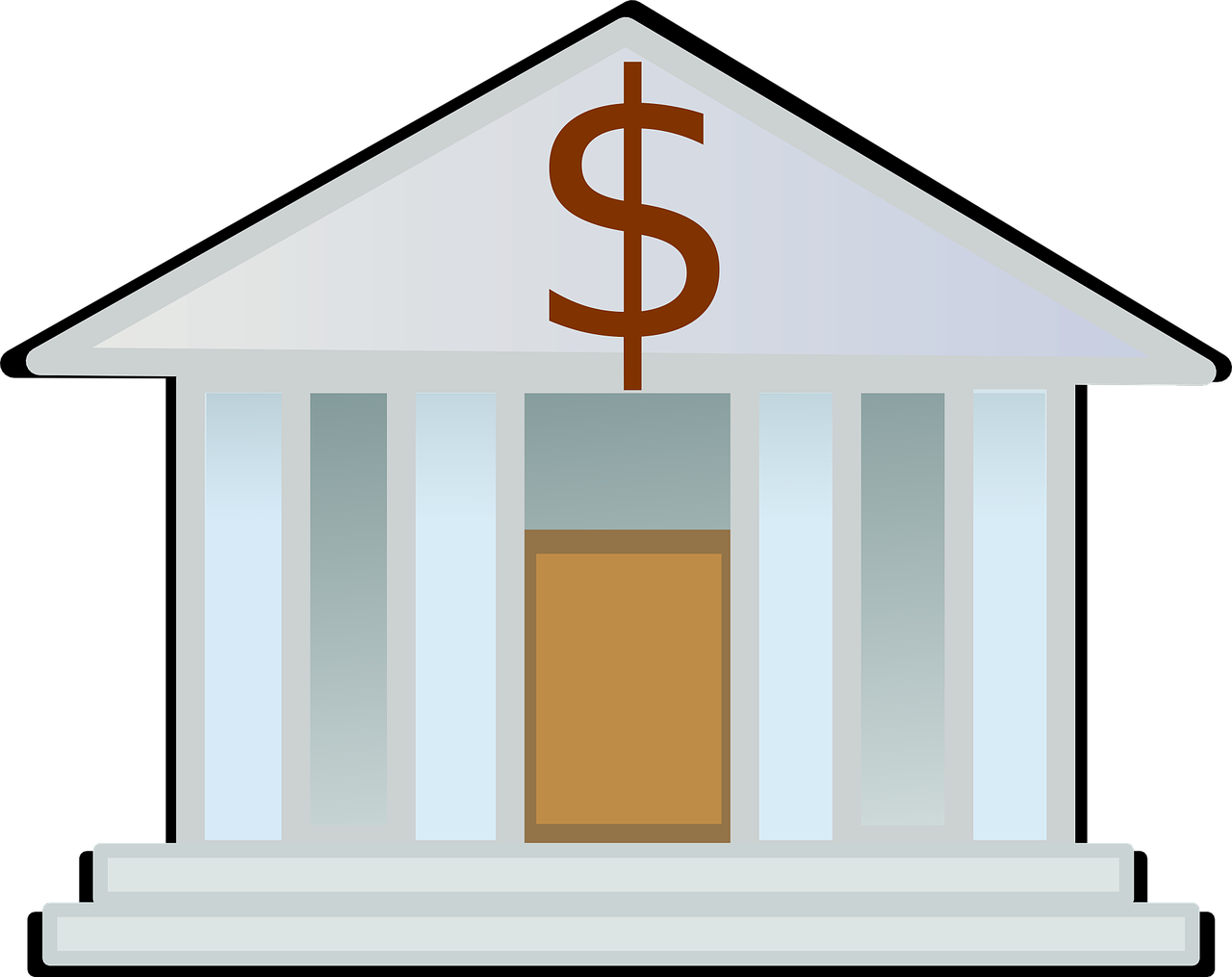What do Banks do in your everyday life?
by Admin | June 15, 2021
What are banks for?
The concept of money and the concept of an entity that helps with its administration are closely related. In fact, this type of institution has existed since ancient Mesopotamia, when grain loans were made to farmers.
It was in the late Middle Ages and early Renaissance that the idea of banks was formed in Italy, and only after the first industrial revolution did they transform into the institutions they are today, which have continued their evolution to even give you access to an online bank account.
What do banks do in your everyday life?
The main activity of banks is to provide all kinds of financial services related to money management, from bank deposits to investments.
More specifically, here are some examples of what a bank does in your day-to-day life:
Banking transactions. Banks function as mediators in all kinds of money movements, from purchases to transfers. You can check all this detail in your account statement.
Safekeeping of money and valuables. Many banks provide savings accounts and that money requires safekeeping. In addition to taking care of cash, some bank branches offer to protect valuables.
Loans and credits. Banks have the necessary systems to make loans of all types, both to individuals and businesses. Thanks to this capability, they can provide financing so that the borrower can use the money to meet his or her goals. For companies, a bank can be a very good leverage option to boost their growth.
Investments. It is possible to contract almost any financial investment product, and once it has been capitalized, you can send the money to a secure account. You will be able to choose from a wide variety of options, always considering which investment best suits your needs.
Products for companies. A bank is one of the most important allies a company has, because through such an institution, a company can request financing, make payroll payments to its employees and take full advantage of business services such as factoring and leasing. In addition, the management of the company's money can be easily done by opening a bank account.
Insurance. Banks offer all kinds of policies; through a bank you can take out life, health, education, auto or home insurance.
Banks help you manage your money
Knowing what banks are for, you will have clarity on how they solve the different needs you may have with the management of your money, but they also have a wide range of products that will help you in different areas, either with the management of your personal budget, with your savings, your investments and with the payment of bills.
In addition, if you have a business, you can access the financing you need to continue to grow.
As you can see, banks play a fundamental role in society, as entities that allow you to save, invest, pay, transfer money and manage your resources. Can you imagine how you could carry out all these operations if they did not exist?
What is the future of banks?
Now that you know what banks are for, you should know that as institutions responsible for the money of many people, these institutions are continuously modernizing to provide better services, security and speed.
For example, they went from writing down their customers' transactions on blackboards inside the branches to keeping a computerized record of all accounts.
With the advent of the Internet, banks realized the advantages that this technology brought to their business and upgraded their systems to be able to deliver their various services digitally.
In fact, today you can perform any of the aforementioned banking transactions remotely, with Apps and digital platforms, without having to set foot in a branch.
How to get into digital banking?
If you have not opened a bank account, you can go to a branch or do it directly from the Internet.
Through a digital account, you can be part of a financial ecosystem that will help you organize your budget, make your transactions online, save time and manage your finances easily from anywhere.




